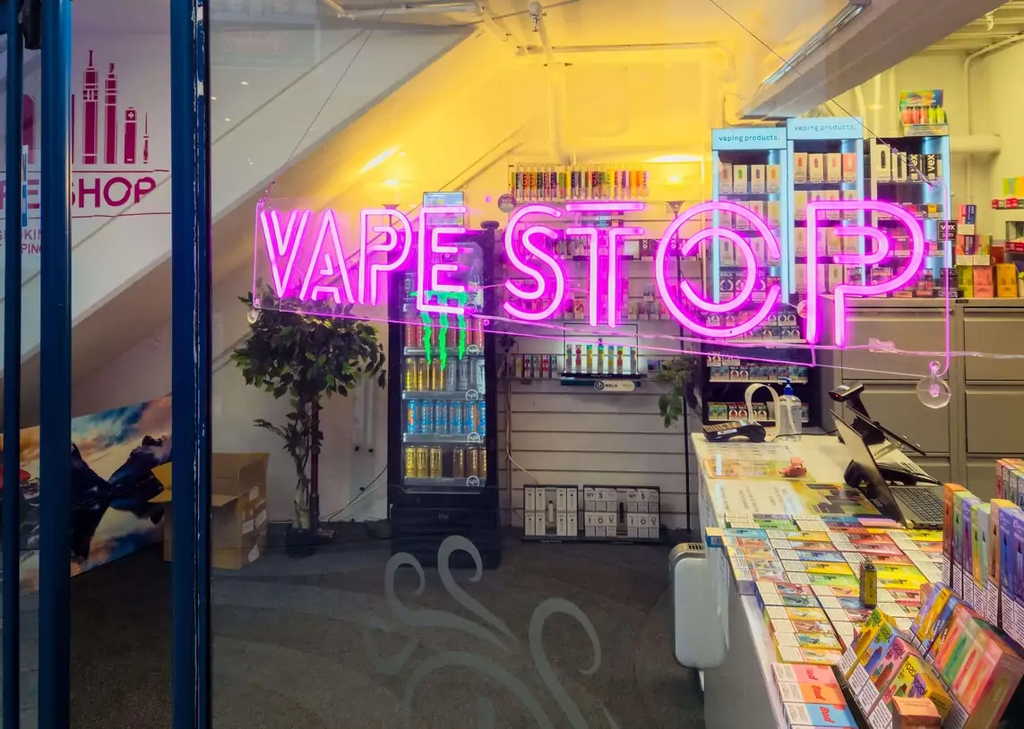
US vape stores have suffered heavily from consumers’ shift toward disposable e-cigarettes, according to the latest survey of specialist vape retailers by ECigIntelligence.
84% of the stores surveyed reported a decrease in average monthly revenue, with those whose revenue was already small being the most likely to lose even more.
Increased competition, changing consumer tastes and the ascendance of disposable vapes – which are available from many other outlets, such as gas stations and convenience stores – were cited as the biggest reasons for declines in revenue.
Misinformation about vaping was also seen as a major factor, as in other recent years.
ECigIntelligence has been surveying US vape stores annually since 2016.
However, vape stores were also seeing their own revenue from disposables increasing, with these products now accounting for about 33% of income in the ECigIntelligence survey, published earlier this summer.
All the stores surveyed had processes in place to prevent underage sales, and nearly half had initiatives to reduce the environmental impact of vapes.
Outlook for the sector
Jonathan Darnell, EcigIntelligence analyst, who authored the report had this to say:
“The outlook for the vape retail sector is extremely pessimistic.
“Retailers were already having to cope with several issues including negative perception of their products and the unusual regulatory landscape in the United States, where most products on sale are technically illegal.
”Now the growth in the disposables market is not only heightening concern over youth vaping again, but also affecting vape stores’ revenue directly.“
However, added Darnell, the situation could change.
”There are signs of a crackdown by regulatory authorities on illicit vapor products that lack authorisation for legal sale.
Non-specialist retailers have become a significant channel for illicit products, many of them unlicensed and with no tax paid on products, which drives prices down.
Vape stores themselves are already subject to frequent enforcement action by regulatory authorities – based on our survey, close to 50% experienced this in the previous year.
But more extensive enforcement action against these other retailers may provide a ray of hope for the vape store channel.”
